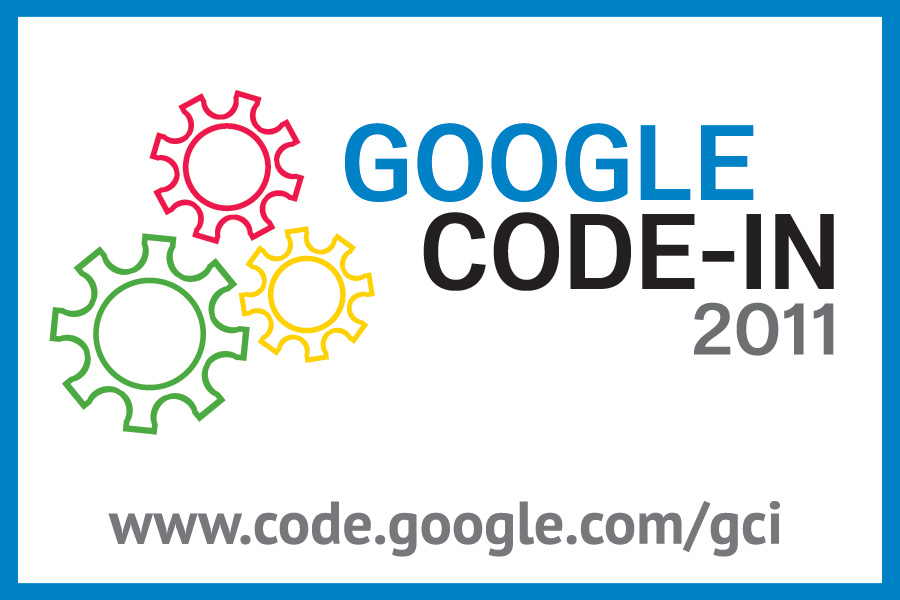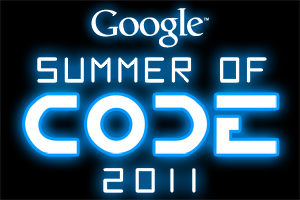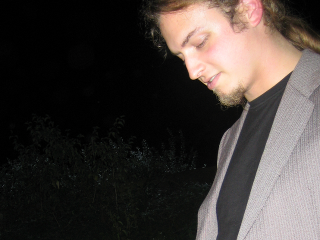At the first Desktop Summit in 2009 KDE’s aKademy and GNOME’s GUADEC conferences were just co-located. I cannot remember having had any interaction with non-GNOME folks (but I wasn’t around for the complete conference).
In 2011 it wasn’t just co-located but mixed tracks. Though I attended some KDE talks and had to realize that most were boring to me simply because I have nothing to do with that software stack I still had great and interesting conversations with some KDElers.
Mission
The Summit website states “The goal of this event was to share ideas and further collaboration between the two communities.” The section “Goals for this year” also lists “Collaborate on desktop software projects”. And everybody has different experience and opinions whether this actually happened or not.
Criticism
In both communities there are mixed feelings whether the concept of a Desktop Summit makes sense. I know that some GNOMErs expressed their opinion that Desktop Summits slow down GNOME development. You can draw two conclusions from this: Either to not repeat Desktop Summit because of that. Or to fix this for the next Desktop Summit.
While the technical stacks are mostly different, there is room for collaboration in less technical areas such as release management, bugsquads or documentation efforts – even if it’s only about exchanging experience or best practices. This also applies for some technical areas that are shared in our stacks via freedesktop.org, e.g. parts of the accessibility framework.
So?
If the fear is that planning and development in each environment slows down under the collaboration banner, and that a GUADEC-only conference is more helpful in pushing things forward in GNOME, why not have it both? Have one or two days of collaboration related sessions only and nothing GNOME or KDE (or LXDE) specific, followed by two co-located conferences that only have environment-specific sessions. Does that make sense?
Disclaimer
I left out the financial part on purpose as I have no clue about that, however I know that it has influence on the decision whether to continue Desktop Summits or not.








